How Closing My Competency-based School Led to Learning What Works
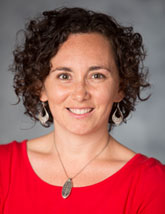
This article was originally posted in Youth Today on March 15, 2018 I closed the doors to Missouri’s first competency-based high school after just three years. Our school, based in St. Louis and on the campus of the city’s technical college, served young people ages 17-21 who wanted to finish high school but couldn’t succeed… Read More ›
Cultural Relevance and Academic Equity in the Age of ESSA

In this webinar, Dr. Almitra Berry-Jones, an expert in culturally and linguistically diverse learners at risk, will dive into the topics of cultural relevance and academic equity. She will introduce educators to a culturally relevant pragmatism that regards the culturally and linguistically diverse learner as one who brings to school a divergent order of reality that… Read More ›
Makerspace Successes, Makerspace Challenges

Maker culture is here and it is alive and thriving in schools and public libraries across the United States and beyond. While each makerspace is a reflection of its own learning community, there are valuable lessons we can take away from maker facilitators: successes, challenges, surprises, do-overs, and “I wishes.” In this edWebinar, Michelle Luhtala,… Read More ›
2018 NSAESC National Convening
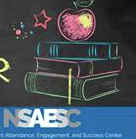
The National Student Attendance, Engagement, and Success Center (NSAESC) has the mission to disseminate evidence-based practices and build and facilitate communities of practice to help students attend every day, be engaged in school, and succeed academically, so that they graduate high school prepared for college, career, and civic life. The 2018 National Convening will be… Read More ›
Lawrence O’Toole Award Winner 2016: Sunny Pai of Diploma Plus – Charlestown HS

This post, originally published on June 3, 2016, provides an overview of the wonderful work Sunny Pai does everyday as the Director of Diploma Plus at Charlestown High School. Sunny is still the Director at Diploma Plus. He is currently part of the Nellie Mae Education Foundation Speaker’s Bureau and you can watch a fall… Read More ›
The 5th ‘C’ of 21st Century Skills? Try Computational Thinking (Not Coding)
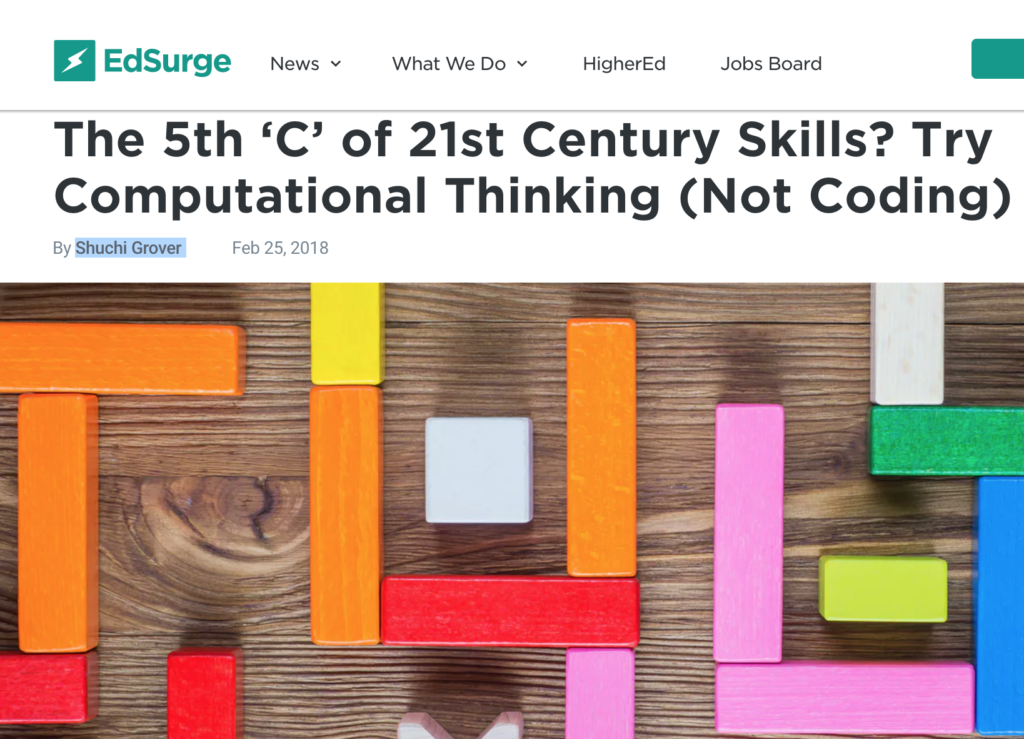
In this commentary, the author asserts the importance of computational thinking, the ability to solve problems like a computer scientist. Like critical thinking and communication, this skill is needed for academic and career success across disciplines. The article explains how computational thinking relates to coding/programming and lays out the skills needed to become computational thinker.… Read More ›
When It Comes to Universal Design for Learning, Don’t Wait to Be an Expert
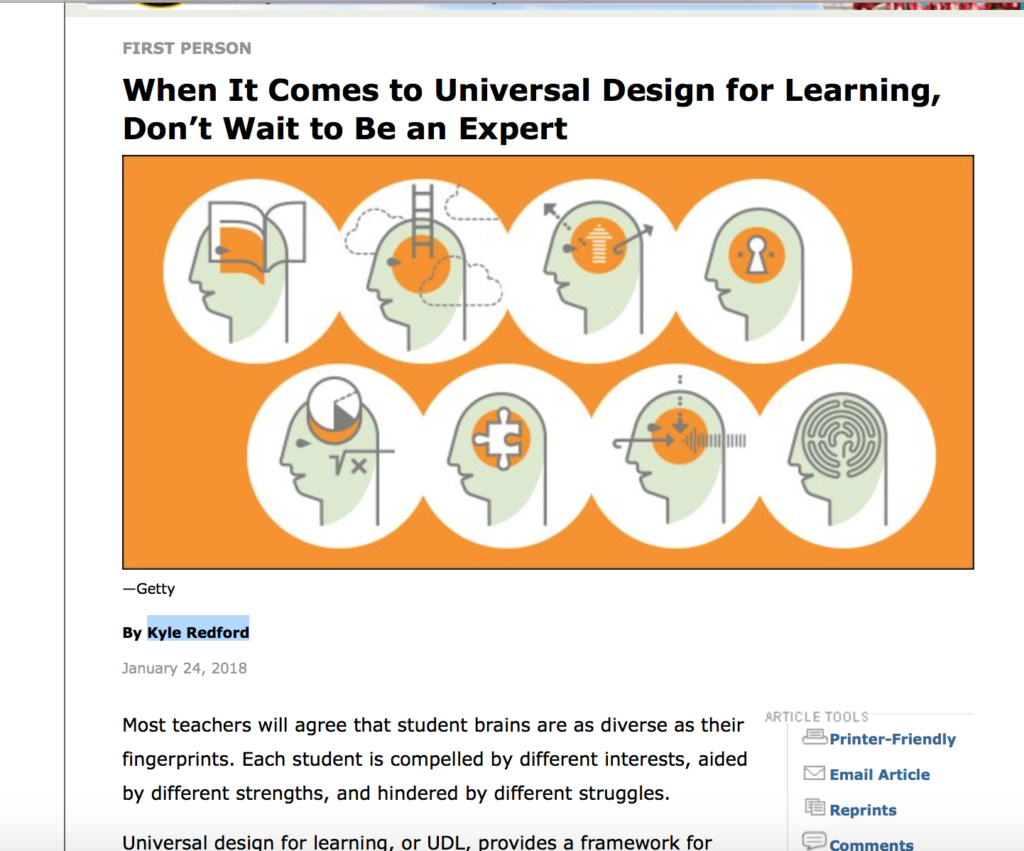
This article provides a great overview of how to apply Universal Design for Learning principals in the classroom. The author describes his journey to introduce UDL in his 5th grade classroom. He describes how adapting the delivery of content, introducing assistive technology, or granting assessment accommodations for an individual student usually proved helpful to many… Read More ›
Research Collaborative Seminar: Messaging Personalized Learning
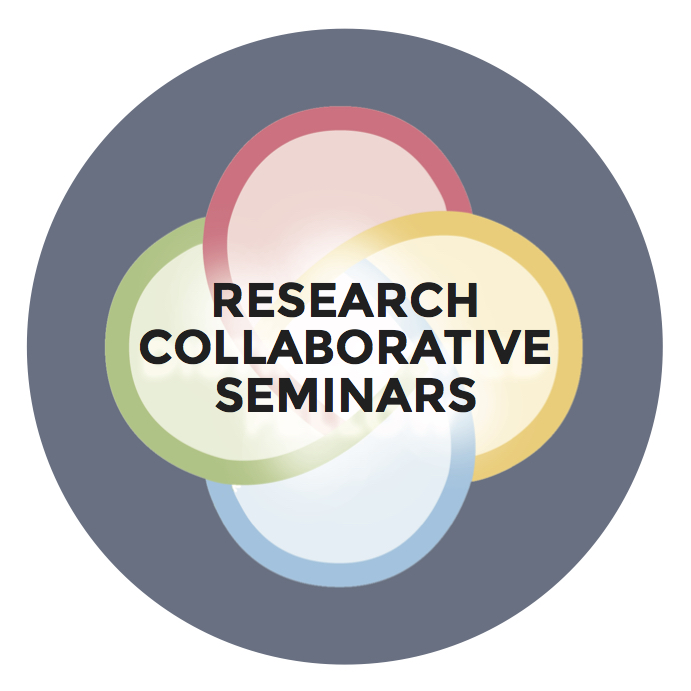
In the latest installment of the Research Collaborative Seminar, Karla Phillips, Policy Director for ExcelinEd, discusses revealing findings from ExcelinEd’s recent message testing survey on personalized learning. Watch now to hear what messages resonated (or didn’t) with voters across the country and what we can do to clarify terms and support best practices. Download… Read More ›
Student-Centered Learning Research Collaborative 2018 Convening
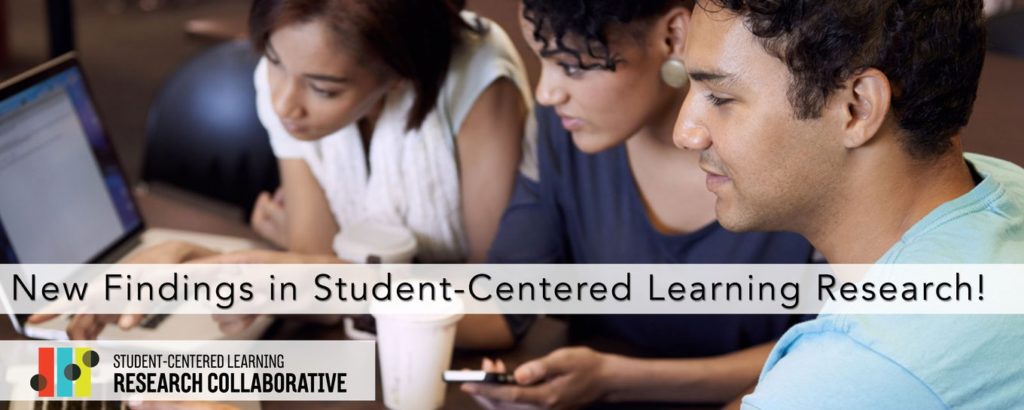
Join JFF’s Student-Centered Learning Research Collaborative at the historic Biltmore Hotel in Providence, Rhode Island on October 10th and 11th to share new evidence for student-centered practices, gain insights about what works and may be worthy of scaling, and advance the field’s attention to equity. In attendance will be the vanguard of leading researchers, educators,… Read More ›
Student-Centered Learning with Kasie Giallombardo
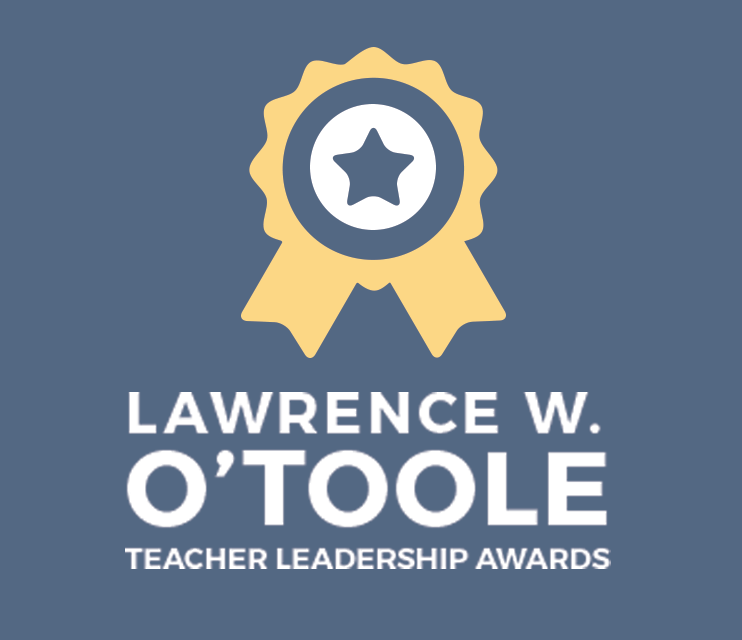
2017 Lawrence W. O’Toole Award winner Kasie Giallombardo is a social studies teacher at Nokomis Regional High School in Maine. A strategy she employs to empower student voice in learning is to act as a coach. She encourages students in class with probing questions to lead them deeper in their analyses. She approaches each lesson with… Read More ›
Students LEAD
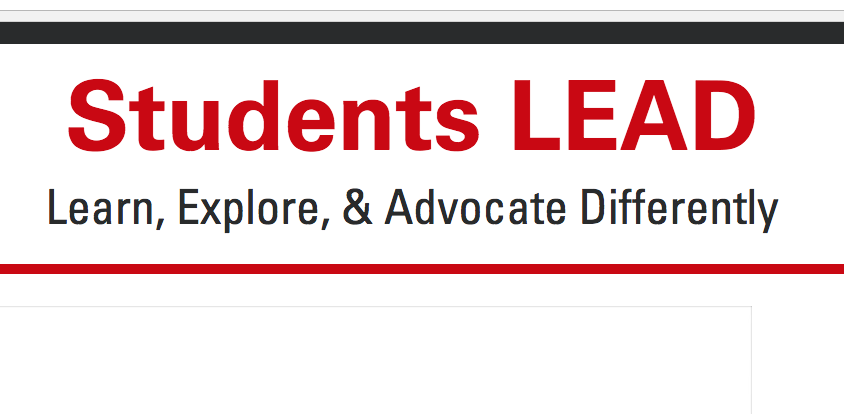
This online course was designed for high school students by the Friday Institute for Educational Innovation at NC State University to help them understand and advocate for their own learning needs. Specifically, the course will help students: Understand their own learning and learning differences Develop and apply strategies to strengthen their own learning Gain strategies for… Read More ›
Playing Games with Formative Assessment

This article in Education Leadership looks at ways teachers can use games to conduct formative assessment. The article discusses the difference between as well as the benefits of two instructional approaches: game-based learning and gamified instruction. It provides several classroom examples of how to use games to measure student’s learning progress. This article provides a list… Read More ›